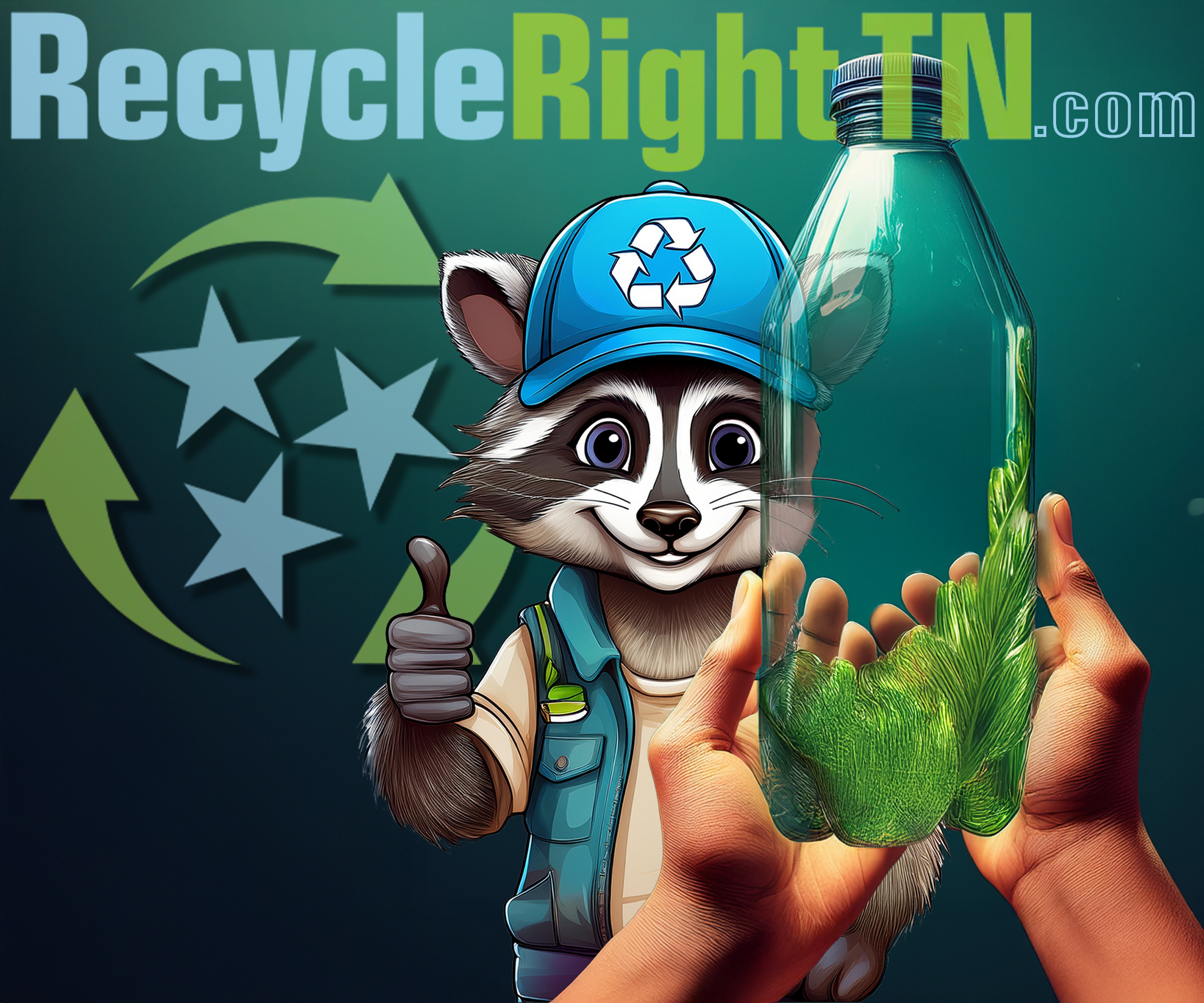Data is becoming an area of interest for businesses and universities alike. Educating students about the growing field of data science, MTSU’s Data Science Institute (DSI) provides future data scientists with experience in data collection and analysis.
Dr. Ryan Otter is the Director of MTSU’s DSI. He empathizes with anyone trying to pin down data science with an exhaustive definition.
“I kind of bundle data science, analytics, predictive modeling, artificial intelligence, machine learning, deep learning… It all comes down to one very big picture for me,” Dr. Otter tells Murfreesboro Voice. “Which is, ‘How do you convert complex things into actionable things?’”
Dr. Otter’s background is actually in biology. He’s a pollution specialist (“ecotoxicologist”) who uses data science to study the chemical pollution affecting different locations. He states that data science plays a critical role in his work.
“If you have all of the data from the best sites in the world, but you can’t analyze it to make actions on it, what do you have?” Dr. Otter asks.
The academic leap from environmental science to data science as a whole might sound like a huge career transition. For Dr. Otter, it was a chance to double down on fundamentals. Data science is predicted to transform several industries in the coming years. Because it’s a relatively new tech discipline, the specialists who’ve used data science for their own work have now become the experts for a generalized data science education.
“It wasn’t until the mid ‘70s that any university in America—or the world, for that matter—had a computer science department, right? Prior to the mid ‘70s, computer science wasn’t even a thing. Data science wasn’t a thing until about five or six years ago,” Dr. Otter says. “So nobody is trained and developed in data science! We all come from these weird pockets of space, of frustration in our own areas. Ten years from now, we’re going to have all of these products of students coming out that are going to have degrees in data science. It’s going to really change the landscape, similar to the way that computer science changed the landscape in the mid ’70s.”
Dr. Otter says that tools for data science were once inaccessible to those outside of certain sectors. Data Science first crept into the workforce through the financial sector. People who wanted to outsmart the performances of certain markets popularized these tools. Marketers looked to these financial wizards using data science and applied it to their own trades through predictive algorithms to anticipate consumer behavior. The health care industry was the next to get a hold of data science. For health care, the information could be applied in a way that telescoped to bigger populations or drilled down to the metrics of an individual.
“All of these areas have one thing in common. They’re extremely well bankrolled,” Dr. Otter says.
These sectors spent 25 years funding data science, helping to democratize the technology by making it cheaper. This affordability has grown data science tremendously, meaning that anyone with a smartphone can now create and/or gather data. Small businesses, for instance, can now access the tools that were once available to only the wealthiest of competitors.
Dr. Otter says, “That comes down to a lot of data science tools—analytics tools which were before all being developed at a high price point in a basically proprietary manner—[are] now open-source with free availability… including the ones that we train our people on. That wasn’t even in the realm of possibility until recently.”
If “data” seems like a vague term, then that’s because the definition of “data” may vary from one entity to the next. It also helps to think of “data” as the raw material that’s gathered. For the purposes of data science, “information” is the contextualized data assembled to inform decisions.
The relativity of these terms may be confusing for individuals outside of the data science space. Dr. Otter recommends that people think about their goals to make sense of data science, as uses vary from case to case.
An example of the differences in data use can be found in typical business challenges.
A brick-and-mortar business owner might place a value on something like the average amount of time spent in their store. This same proprietor might also have an online website that collects information related to how long people spend browsing their merchandise.
Regardless of how “data” may be defined, Dr. Otter’s work at the DSI prepares students for jobs that use data science. Partnering with public and private sector organizations, the DSI offers an undergraduate, graduate, and Ph. D programs in data science.
“We also have a graduate certificate in data science, which is to help people that already have graduated college in any degree come back and actually get data skills that they can then apply to whatever content area they want to get into,” Dr. Otter says.
The current portfolio of work done by DSI is 75% environmental science, 15% community health, and 10% of its work filling an “other” category.
Dr. Otter tells Murfreesboro Voice that the DSI is gearing up for several exciting projects.
He says, “This summer at MTSU, myself and some colleagues… we’re actually bringing [high school] students on campus for three weeks. The first week, the students get data science training from our team. The second week, they 3D print and build their own drones and they fly them… to collect data. And then on the back end, we will use the data science we taught them at the front end to analyze the data they’ve collected from their drones.”
Dr. Otter adds that this project—which was awarded a grant from the U.S. Department of Agriculture—will combine interdisciplinary efforts between the DSI, and MTSU’s agriculture and aerospace departments.
For further information about MTSU’s Data Science Institute, be sure to visit its website.














